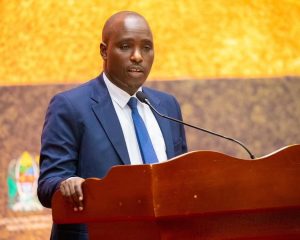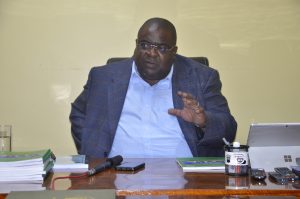Tanzania’s Govt Now To Vett Public Servants Through Tight Psychonomic Screening
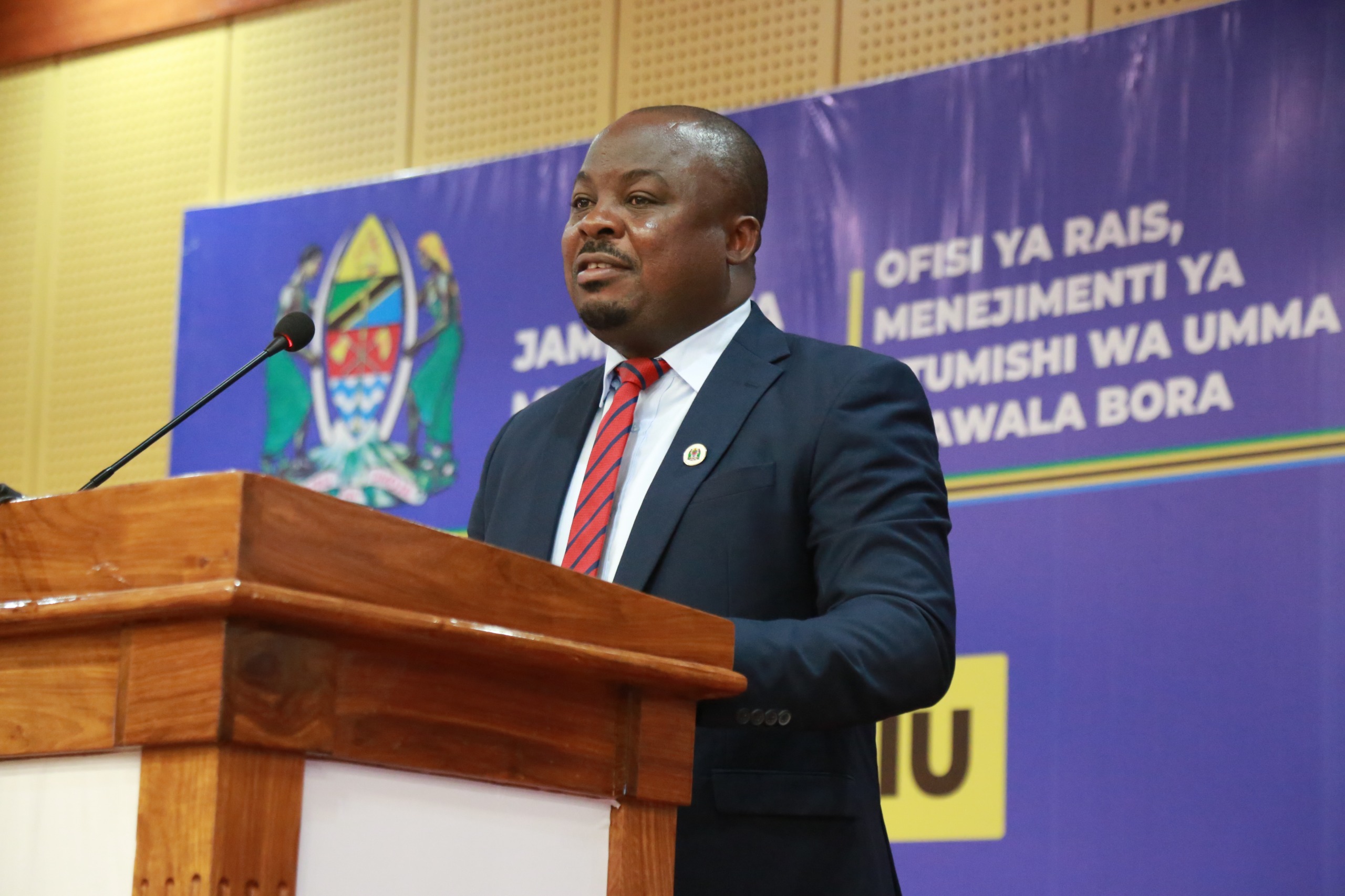
The Deputy Minister in the President’s Office, Public Service Management and Good Governance, Mr Deus Sangu
Poor accountability, use of nuisance languages, boozing, laziness, nepotism and sexual bribes stands at fore among other shortfalls that haunt the public service sector in Tanzania
By Senior Reporter VALENTINE OFORO
THE Government of Tanzania has expressed plans to initiate a tailor -made department to conduct through Psychonomic Test (PT) towards all new employees in the public service sector in the country.
The envisaged phycological vetting, among others envision to address a growing spate of unprofessional conducts among the public servants, including lack of discipline, failure to abide by the set code of ethics in the public service delivery.
The development has been stated by the Deputy Minister in the President’s Office, Public Service Management and Good Governance, Mr Deus Sangu.
In his remarks at the climax of the three -day meeting of the heads of Human Resources and Administration departments in the public service, minister Sangu noted that the vital sector is thwarted by poor habits, propelled by the presence of some unscrupulous servants.
He insisted, low accountability, use of nuisance languages, boozing, laziness, nepotism and sexual bribes stands at fore among other shortfalls that haunt the sector.
“Public service is the ‘very smart’ corridor where ethics and patriotism must take shape to attain the needed profitable outcome,” he directed.
He said it was disconcerting as some of the civil servants are disastrous and unproductive, thus timely measures are necessary to contain.
“We’re compelled to place a tailor -made department to conduct psychonomic tests towards the fresh public servants with a third- eye to ensure the servants to be absorbed are only those who possess needed merits to serve the public, and not otherwise,” he expressed.
He added, proper screening and conduction of induction seminars remain crucial towards the new young servants, added: “Some new servants are demonstrating poor working maturity, financial illiteracy as well as failure in bowing down to the set regulations in the public serving sector.
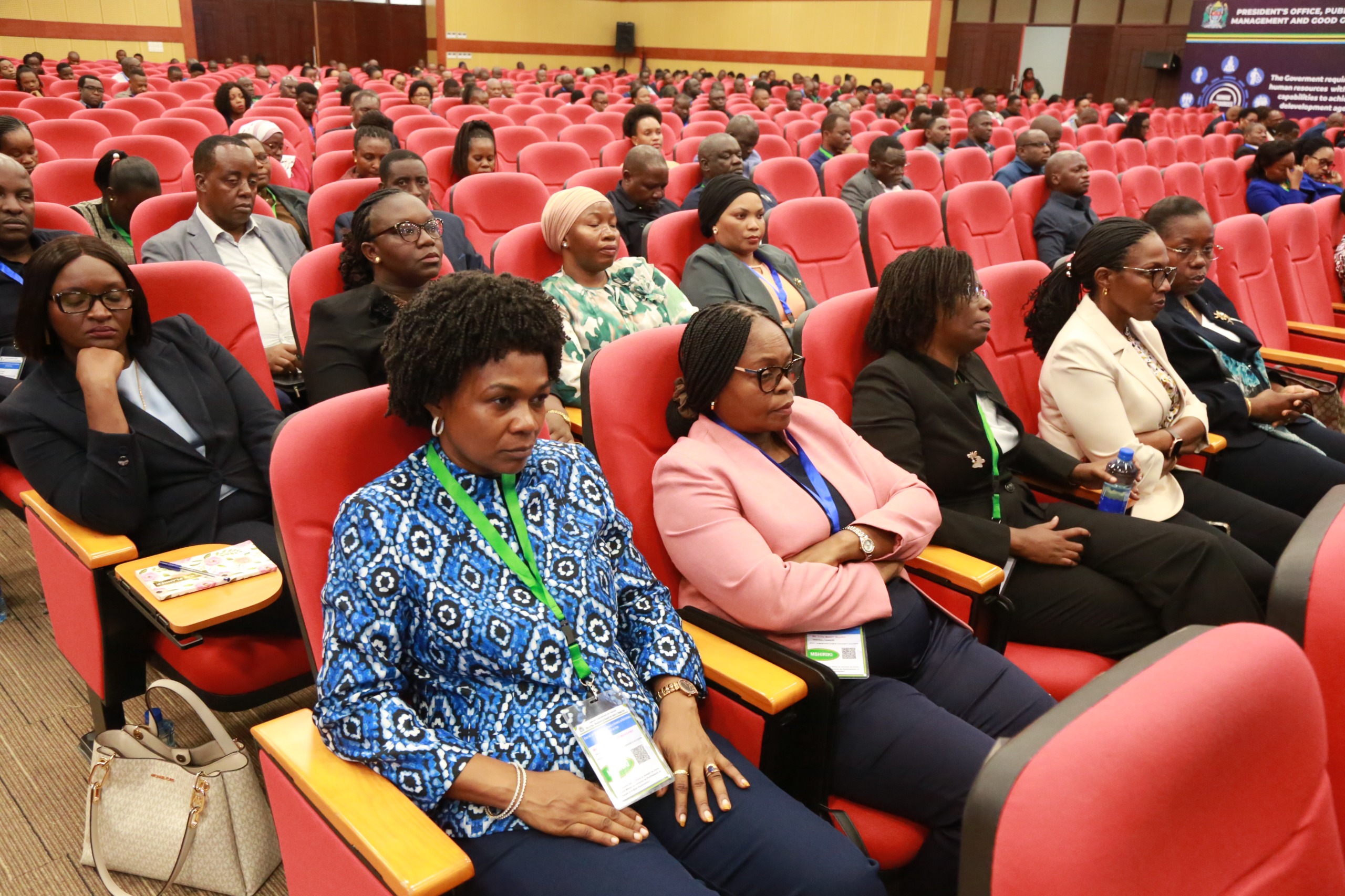
Giving further details on the shortcomings in the sector, the minister said there some civil servants are not attending their due responsibilities and are continuing to enjoy tax- payers money under the pretext that they’re the permanent and pensionable servants.
He directed the heads of human resources departments to execute their obligations more professionally, especially in listening and addressing the diverse problems facing the public workers.
“Some human resources officers are blamed for using unfriendly languages, and appear reluctant at solving the challenges troubling their staff,” he said.
He urged them to create good working relations and conditions to allow the public servants to implement their key duties with high spirits.
Favoritism, sexual and financial bribes are weakening the required standard in human resource management, according to him.
“It appears,in the issuance and acceptance of transfers of workers, bureaucracy and bribes are taking the lead stage,” he explained.
To improve transparency in public servants transfers, the minister said the government is working to develop a special digital system, aimed at fast tracking the process, but also to plug all possible loop holes for corruption.
“The coming e- system is for ensuring timely processing and approval of transfer applications,at least within a period of seven days,” he informed.
He said there are pilling files on transfer requests that remain unsolved at different public institutions, the unprofessional move which dilutes working spirits among the applicants, apart from increasing unnecessary burdens.
Delay in insuances of transfer allowances was among the other areas he said must be improved, directed the human resources managers to solve the challenge.
“It is disturbing that some of the servants have been transferred for more than six times but didn’t receive their statutory allowances until retiring,” he noted.
In the same vein, he directed the human resources managers to be vigilant when receiving transfer letters from their workers, saying some have been detected to have cooked the letters.
He challenged the participants of the meeting to make brave use of the knowledge and experience acquired during the three days to help improve their performance.
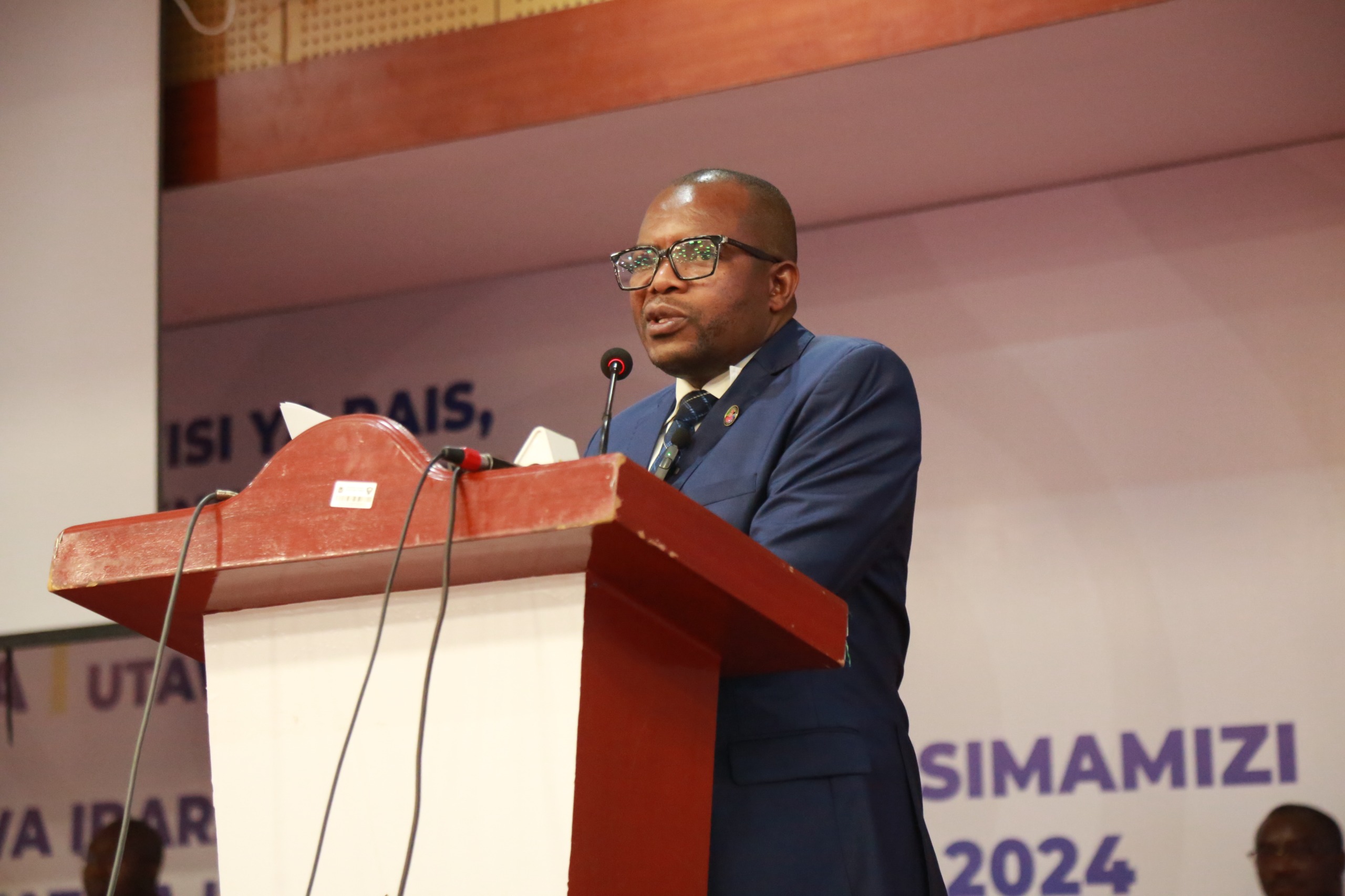
Speaking for his part, the Permanent Secretary in the President’s Office, Public Service Management and Good Governance, Mr Juma Mkomi directed the human resources officers to stand against all faultering of public service management regulations in their working stations.
Moreover, he directed them to probe and take disciplinary actions against all civil servants that have forged their transfer letters.
“We have this concern that in some public institutions there are some servants that have cooked their transfer letter, please embark on an insight investigation of the matter and come up with the right solution,” he said.
During the climax of the meeting, a number of the institutions scooped special prizes for performing well in observing the ethics and regulations of public service.


